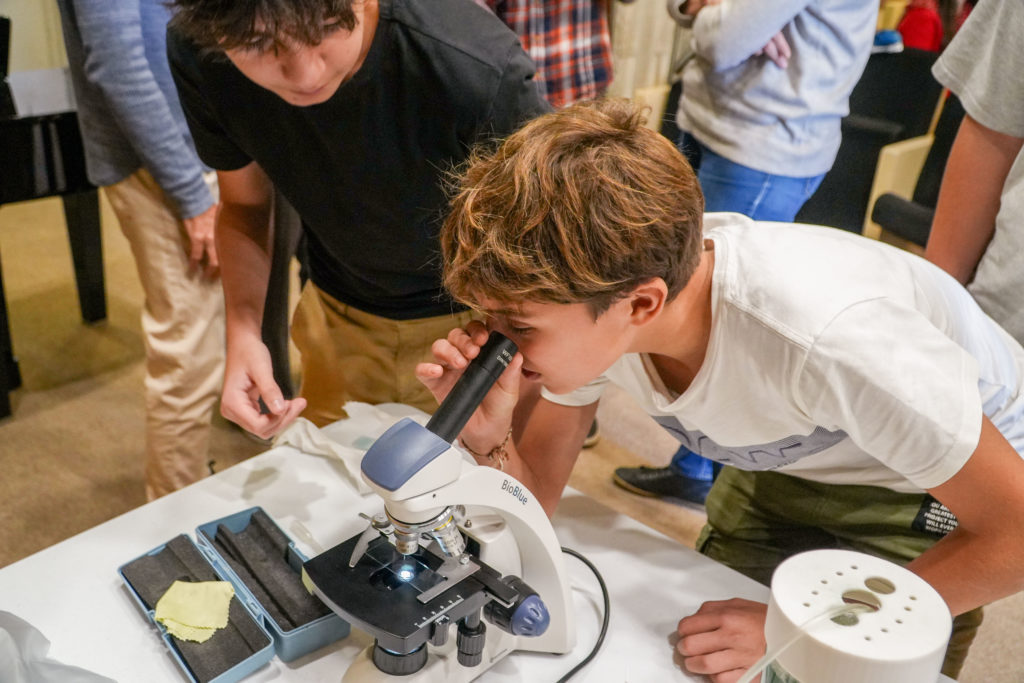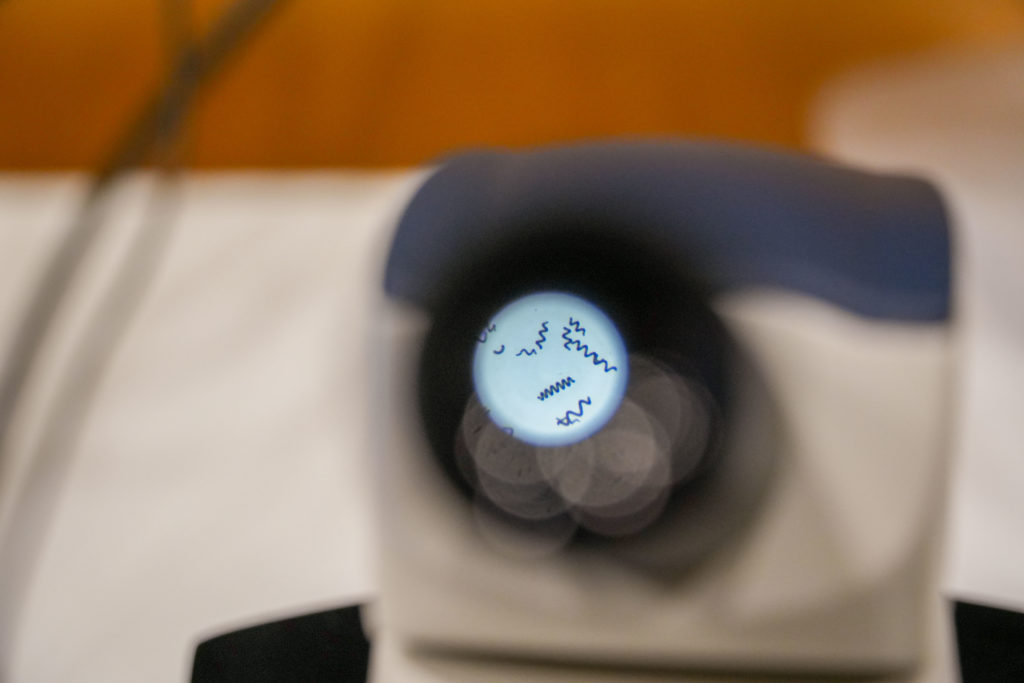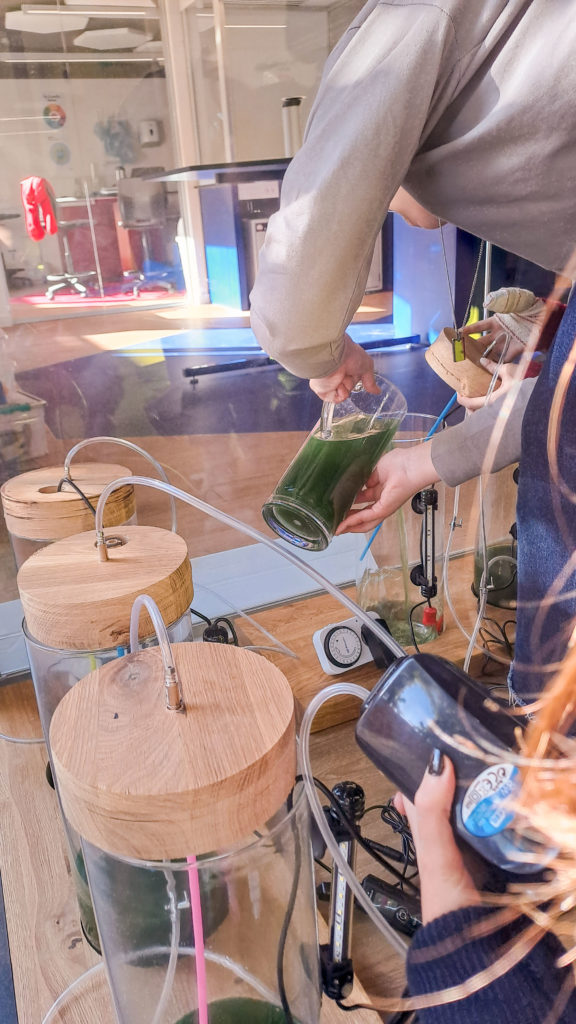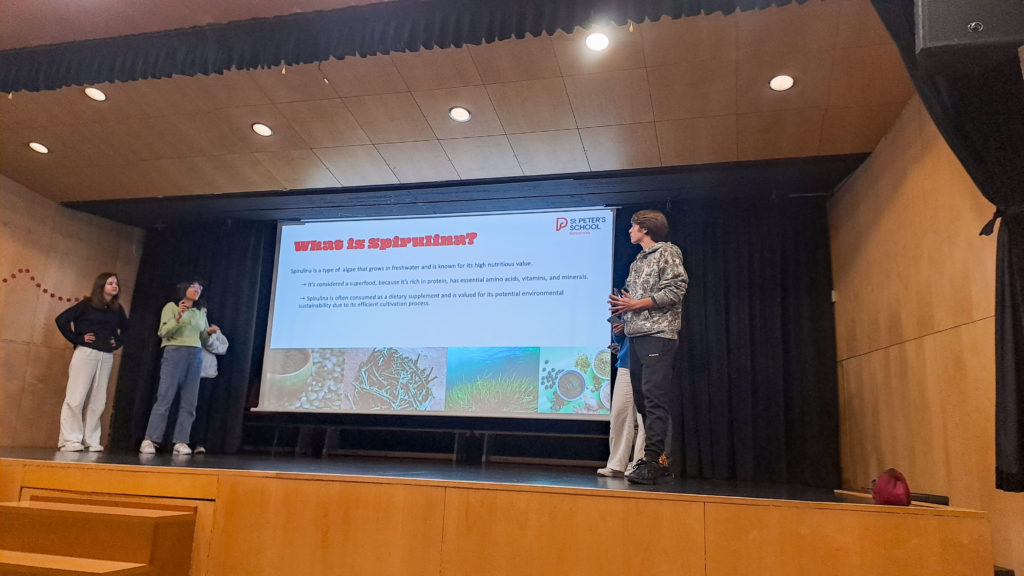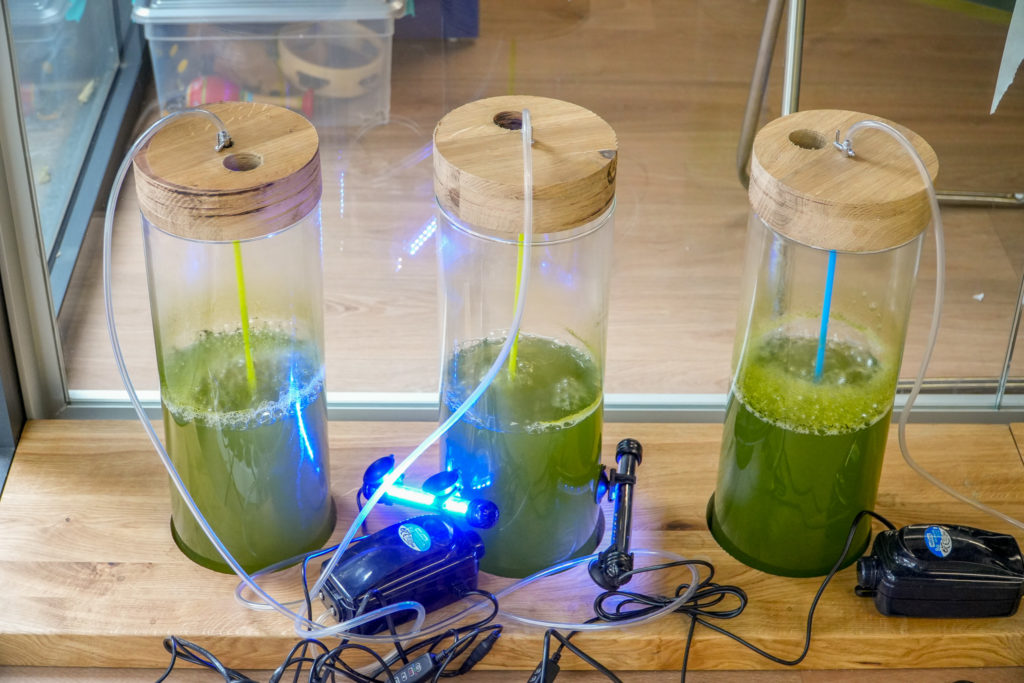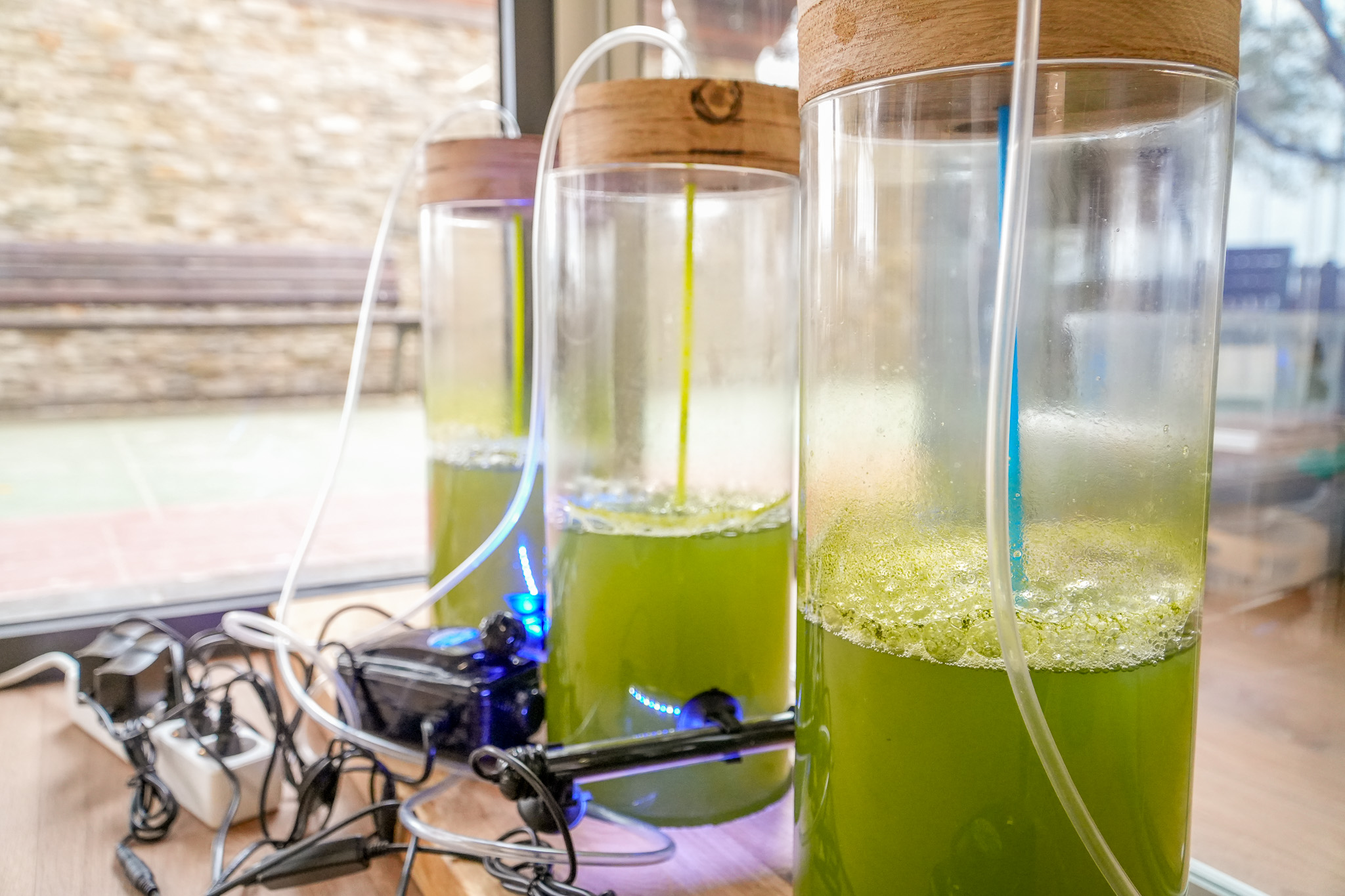By Núria García, Science Department
During Science week, PYP, MYP and DP students engaged in theme lead labs related to investigating the future of food, crosslinking the subject of futures literacy with STEM. In the case of Diploma students, y11 performed a workshop to create some Photo-Bio-Reactors (PBR) to grow Spirulina, which also was part of the Collaborative Science Project, a requirement for the core of the DP program.
Spirulina is a type of blue-green algae that has gained attention for its incredible nutritional profile and potential as a sustainable food source. It’s rich in proteins, vitamins (like B vitamins and beta-carotene), minerals (such as iron and calcium), and antioxidants.
This microscopic organism has been consumed for centuries in various parts of the world due to its health benefits. However, its potential role in the future of food stems from several factors:
Nutritional Density: Spirulina is considered a superfood because of its high nutritional content. It contains all essential amino acids, making it a complete protein source, and it’s packed with nutrients vital for human health.
Sustainability: Spirulina can be cultivated in a variety of environments, including freshwater and saltwater, and it grows rapidly. It requires minimal land and resources compared to traditional crops like soy or wheat, making it a potentially sustainable food source for a growing global population.
Environmental Benefits: Cultivating spirulina can have positive environmental impacts. It can thrive in conditions unsuitable for traditional agriculture, and its production can potentially reduce pressure on arable land, minimize water usage, and even contribute to carbon capture.
Versatility: Spirulina can be incorporated into various food products, including powders, capsules, and even used as a food coloring or supplement. It’s versatile enough to be added to smoothies, snacks, or incorporated into baked goods and pasta.
Given its nutritional richness, sustainability, and versatility, spirulina holds promise as a potential solution to address food security and nutritional needs in a world where populations are increasing, and environmental challenges are pressing. As research and technology continue to evolve, spirulina could indeed play a significant role in the future of food, and in any case, it is a great subject of study to spark curiosity and foster inquiry or even develop future research projects in the school (as Internal Assessments or Extended Essays). We are excited to explore this field and to introduce it to everyone!

